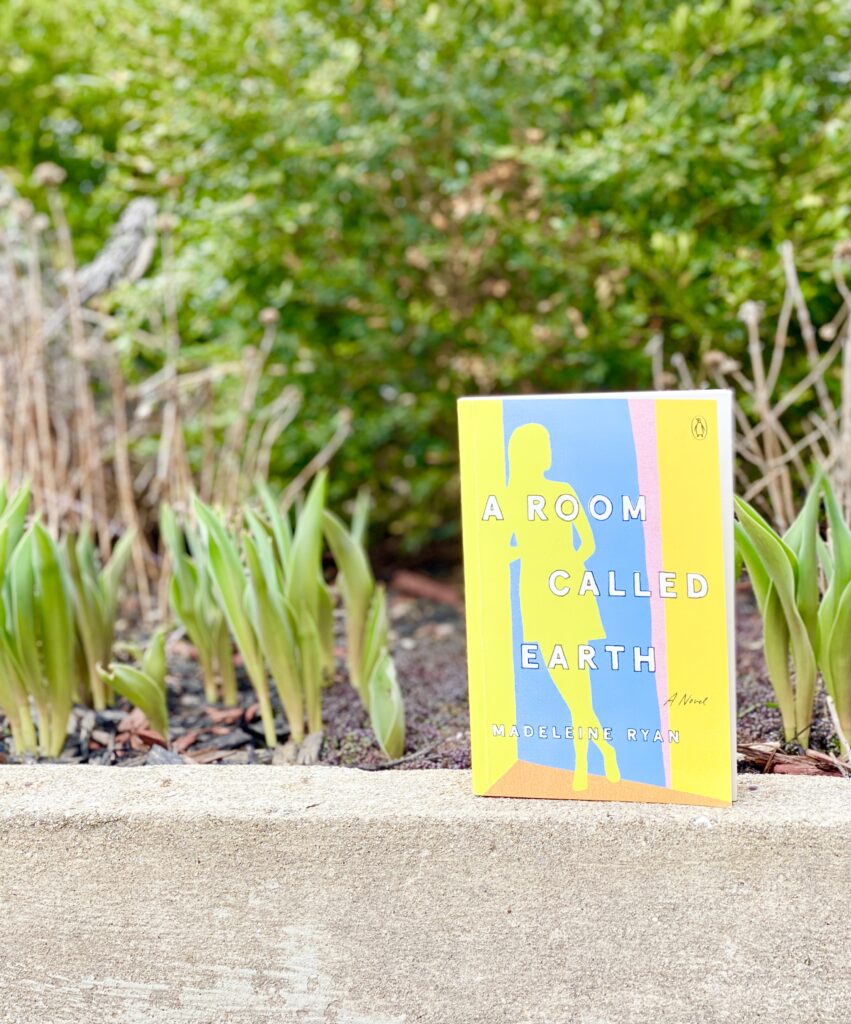
Literary fiction. Australian. The novel takes place over one evening – a woman getting ready for a party, at the party, and then back home afterwards with a man she met at the party. The main character is autistic (as is the author). The book is a detailed portrayal of her incredibly rich inner life and her sharply perceptive experience of, if often awkward engagement with, the social world around her. I like to think that my own inner life is relatively abundant, but it is definitely not on that scale; my perceptions of the unspoken social dynamics around me are keener than many, but are not in the same league as hers; and my own inevitable and regrettable awkwardness in contexts of collective sociality more often takes me down a path of anxiety and occasionally withdrawal rather than her admirable phlegmatic persistence; but I was drawn to this book precisely because of those different but nonetheless resonant experiences. Not sure what someone who does not share at least that notional overlap might make of this book, but I definitely found it engaging.
My main uncertainty with the book was that I wasn’t sure quite what to make of what was gradually revealed as the main character’s great class privilege. I mean, partly it was just that this is the story of a neuroatypical woman who has found ways to live her life exactly as she wants, and part of what makes that possible is her inherited money. I guess the social way to read that is as a sort of indirect testament to how much is actually required to build such a life in a world that is both misogynist and quite hostile to those whose practices of mind and being don’t fit the very narrow norm. But – and I know this is rarely a very interesting or useful gauge of much of anything at all, and it may just reflect poorly on me – it did make me like the main character a bit less, in that she seems pretty aware of the harms to others that make her life possible and she feels guilty about them, but she doesn’t hesitate and doesn’t take them up even a little bit as presenting a set of political questions and responsibilities the she should feel obligated to act on. Which is hardly unusual in this world and in some ways is at least somewhat understandable in the context, and I still really liked the opportunity to get inside her mind, but…it just made me like her, and the book, a bit less.
Anyway…overall, pretty good!
Originally posted by Scott on Goodreads.